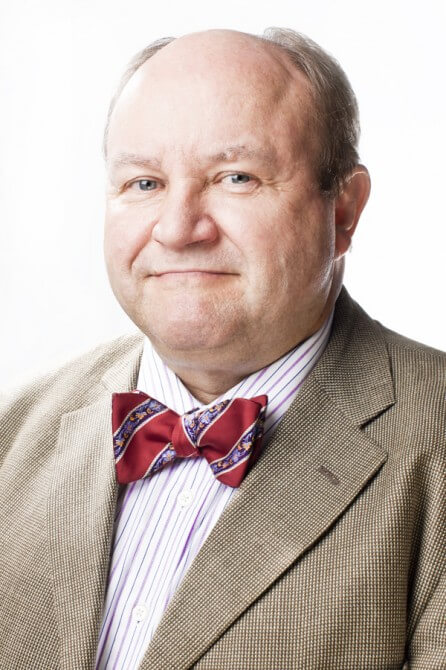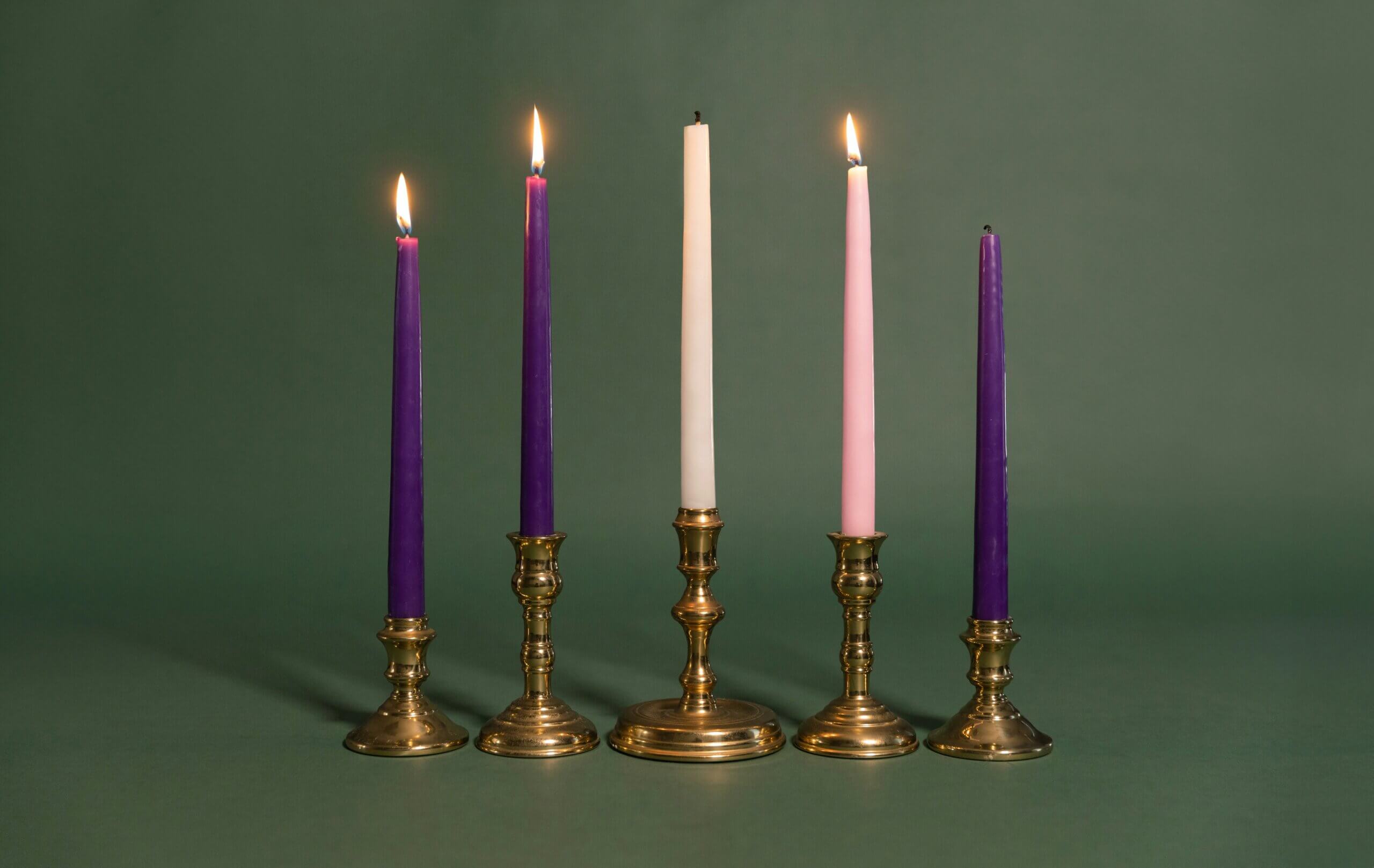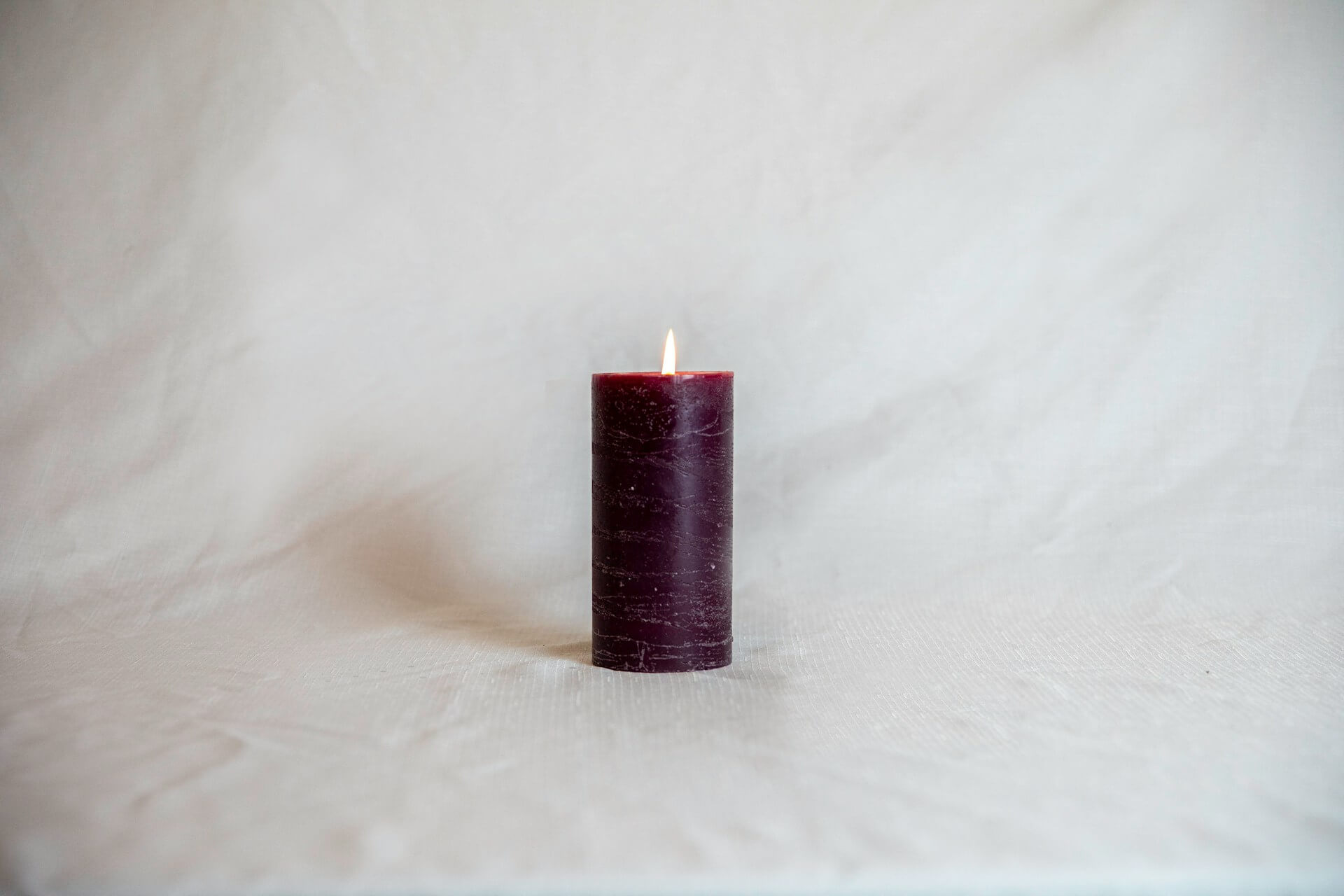 A very special welcome on this ‘Back to Church Sunday’ to our visitors this morning. Last year, at this time, I was welcomed back to Holy Trinity after I spotted Archbishop Colin Johnson in his full vestments standing in front of Union Station.
A very special welcome on this ‘Back to Church Sunday’ to our visitors this morning. Last year, at this time, I was welcomed back to Holy Trinity after I spotted Archbishop Colin Johnson in his full vestments standing in front of Union Station.
I took up the invitation last year… and here I am today.
Let’s begin with a plunge into the deep end of the doctrinal pool, starting with the words of the great American Anglican theologian, Robin Williams. Our sisters and brothers in the Anglican communion in the US prefer to call themselves Episcopalians. Here the esteemed Mr. Williams sets out the top ten reasons for being an Episcopalian:
10. No snake handling.
9. You can believe in dinosaurs.
8. Male and female, God created them; male and female, we ordain them.
7. You don’t have to check your brains at the door.
6. Pew aerobics.
5. Church year is color coded!
4. Free wine on Sunday.
3. All of the pageantry, none of the guilt.
2. You don’t have to know how to swim to get baptized.
And the number one reason for being an Episcopalian:
1. No matter what you believe, there’s bound to be at least one other Episcopalian who agrees with you.I don’t want to quibble in obscure ecclesiastical arguments, but I don’t believe that there is actually a blanket prohibition on the use of snakes or indeed other reptiles in Anglican liturgy. I would suggest the Anglican position on “snake handling” is best understood in the observation by the Edwardian British actress Beatrice Stella Tanner, who famously said, in a slightly different context: “My dear, I don’t care what they do, as long as they don’t do it in the street and frighten the horses.”
When I was a young boy, my family moved to northern Ontario from our home in southern England and my father – who was a rather militant atheist – insisted that I march off to the local Anglican church every Sunday. It wasn’t about the faith, you see, but the obvious fact that every proper young English boy needed to be formed in the careful embrace of the Established Church.
Unfortunately, I didn’t have Robin Williams to guide me through my career as a young Anglican boy. The words we just heard from Philippians about working out our salvation with fear and trembling pretty much sum up those days for me. I felt fear as I strapped on my blazer and tie and grey wool pants. And I trembled as I tried to memorize creeds and verses and other texts.
From time to time as a boy, a young man and an adult, I have to admit that I have tried the approach set out in today’s reading from Exodus, where the people cried out to their leader, and their leader cried out to Yahweh, and – miracle of miracles – water gushed out of rock! At certain points of great stress in my life, I have cried out, I have gnashed my teeth, I have raised an outcry for myself or for others around me. I must say that I’ve never experienced – though not for lack of trying – that God who, in Exodus, is sitting somewhere just above the sky, waiting for his people to scream loud enough to reply to their entreaties.
In the mid 1960s, my family moved to the downtown of Denver, Colorado, in the United States.
The mid to late 1960s in Denver, like many other American cities, was a time of racial and social turmoil. Most white families – though not ours – fled the inner city for the outer suburbs.
At 6.01 pm on April 4, 1968, Dr Martin Luther King Jr was killed by an assassin’s bullet as he stood on the balcony of the Lorraine Motel in Memphis. In his last speech which he gave 24 hours before his murder, Dr King said:
“Like anybody, I would like to live a long life. Longevity has its place. But I’m not concerned about that now. I just want to do God’s will. And He’s allowed me to go up to the mountain. And I’ve looked over. And I’ve seen the promised land. I may not get there with you. But I want you to know tonight, that we, as a people, will get to the promised land. And I’m happy, tonight. I’m not worried about anything. I’m not fearing any man. Mine eyes have seen the glory of the coming of the Lord.”
What amazing words. And how sadly prophetic, delivered just hours before being gunned down.
On the morning after Dr King’s murder, riots broke out in many US cities. Many of my white and African-American classmates wisely chose to stay home on that Friday morning, but I dutifully set off for my junior high school. At first, it was quiet as I walked through the corridors.
But, soon enough, violence swept over the school. A few stitches applied at the hospital, and a few days rest, healed the scrapes and bruises that I suffered, but perhaps because of that rather dramatic day, I have spent much of my life reflecting on Dr King, his words and his work.
Dr King said this was his hope when people eulogized him:
“I’d like somebody to mention that … Martin Luther King Jr. tried to give his life serving others. I’d like for somebody to say that day that Martin Luther King Jr. tried to love somebody.”
“I want you to say that day that I tried to be right on the war question. I want you to be able to say that day that I did try to feed the hungry. I want you to be able to say that day that I did try in my life to clothe those who were naked. I want you to say on that day that I did try in my life to visit those who were in prison. And I want you to say that I tried to love and serve humanity.”
“Yes, if you want to say that I was a drum major. Say that I was a drum major for justice. Say that I was a drum major for peace. I was a drum major for righteousness. And all of the other shallow things will not matter.”
Dr King understood the challenges, complexities and risks of living a life of faith and a life of justice, in a broken world torn by poverty, inequality, hatred and war.
In the last book he wrote before he was murdered, Dr. King wrote:
“Some years ago a famous novelist died. Among his papers was found a list of suggested plots for future stories, the most prominently underscored being this one: “A widely separated family inherits a house in which they have to live together.” This is the great new problem of mankind. We have inherited a large house, a great “world house” in which we have to live together-black and white, Easterner and Westerner, Gentile and Jew, Catholic and Protestant, Moslem and Hindu-a family unduly separated in ideas, culture and interest, who, because we can never again
live apart, must learn somehow to live with each other in peace.”
“We live in a day, said the philosopher Alfred North Whitehead, “when civilization is shifting its basic outlook; What we are seeing now is a freedom explosion, the realization of “an idea whose time has come,” to use Victor Hugo’s phrase… Nothing could be more tragic than for men to live in these revolutionary times and fail to achieve the new attitudes and the new mental outlooks that the new situation demands…”
And Dr King said:
“The large house in which we live demands that we transform this world-wide neighborhood into a world-wide brotherhood. Together we must learn to live as brothers or together we will be forced to perish as fools.”
Dr King had a robust, muscular approach to the vexing question of how we understand and live in our complex and modern world with a confusing array of conflicting relationships and a brutal range of social justice challenges. He argued that we engage our brains, as well as our hearts and our souls, and that true communion with our fellow Christians and the rest of our neighbours on
this planet means thinking, and talking, and arguing, and then taking real action, powerful action, risky action.
Our reading today from the Gospel is, if I may say so, just the sort of passage that used to so perplex me as a young child in Anglican confirmation class. Jesus is asked a straight-forward question: Who gave you the right to teach in the Temple?
That’s a legitimate question since back then, as now, there are plenty of false teachers and false prophets. As a child, I imagined that Jesus could have, might have, should have responded by raising his hand, claiming his authority directly from his Father, Almighty God, and causing a great thunderbolt to come shattering down to underline this authority.
Instead of such a straight-forward response, Jesus replies with a tricky question of his own, forcing the Chief Priests and Elders to question themselves and their own authority over the people in the Temple.
One observation from this Gospel reading: the challenges of really engaging in a thoughtful and faith-full way in the world around us requires us to engage in a dialectic. Jesus is not merely debating the priests and elders to score rhetorical points. In a debate, the opponents use clever tactics to win an audience. A dialectic is rooted in the proposition that there are fundamental truths and the goal of dialogue is to uncover those complex and often challenging truths.
In my daily work at the Wellesley Institute, a research and policy think tank dedicated to advancing urban health, we know that the complex world of social and health policy requires that we understand the intricate, composite, ever-changing set of relationships between housing, income, racialized identity, immigration status and many other issues. Most importantly, we develop practical tools to help the people who experience inequity, along with our partners and policy-makers, to navigate to a better community.
People active in the environmental movement have developed just such a set of new models of thinking and action, called “systems thinking”. It started with the observation, years ago, that pesticides dumped on a field over here have a profound impact on wildlife a continent away.
Environmentalists developed a better understanding of how our natural world is connected from here to there in a million often mysterious ways, then developed tools and policy interventions to better support these wonderful natural systems.
There is a deep, and honourable, stream in Anglican tradition that defies easy description because it at the essence of what we mean when we say that we are part of a communion. I think that when Anglicans talk about communion, we are seeking to capture the value of systems thinking, of understanding all the connections that bind us together and bind us to our natural world.
Ultimately, the notion of communion – not just among our fellow Anglicans but with other
Christians and indeed with our neigbours throughout the world – takes us to Dr King’s radical
notion of a world house.
The Very Rev. Alan Jones, for many years the Dean of Grace Cathedral in San Francisco, makes
this observation in his 2006 book called “Common Prayer on Common Ground: A Vision of
Anglican Orthodoxy”:
“What sometimes infuriates non-Anglican Christians (and, to be honest, a new breed of
Anglicans) is that traditional Anglicans don’t see much of a distinction between Christians and
non-Christians because they see many Christlike non-Christians and many un-Christlike
Christians. Our take on religion is very practical and we believe that we have more in common
with other human beings than anything that can possibly divide us.”
Powerful words, challenging words. Though we must confess that there is plenty in Anglican
history of intolerance, hatred, division, and, indeed, un-Christlike actions – up to the present.
This notion of communion is central not only to our relationship to each other among those of us
who come to this building every Sunday, but our relationship to our fellow Anglicans, to other
Christians, to our friends and neighbours outside of church, to the global community of people
and, of course, our relationship to the natural world.
We need to continue to challenge ourselves, and each other, to be faithful to the ideals of
communion in its deepest and most powerful sense.
The other day, I was at the launch of the Interfaith Social Assistance Review Committee’s
campaign for a poverty-free Ontario, and spoke with Anglican Bishop Philip Poole. I told him
that I had returned to the Anglican fold, and to Holy Trinity, one year ago because I was driven
by a missionary zeal to bring the accordion to its rightful place at the centre of our liturgy.
That wasn’t exactly true, though the Bishop seemed to enjoy the quip, but I do have to say that I
appreciate very much the tolerance that those of you, my fellow congregants, have demonstrated
towards me and my squeezebox.
And may I say especially, to Ron, Jim and Keith – my dear friends in the Fallen Angles, what we
sometimes call the house band of Holy Trinity – and to our musical director Becca, thank you for
demonstrating those truly Anglican virtues of liberality and indulgence in embracing me and my
stomach Steinway in the most charitable way possible.
For the decades that I have pursued my work as a housing and homelessness advocate, I have
been in and out of the doors of Holy Trinity many, many times, and worked hand-in-hand with
many of you in this congregation, and with many who have served on the staff of Holy Trinity.
What drew me into a much more sustained relationship with the people of Holy Trinity a year
ago was not simply the vision of Archbishop Colin in his priestly vestments – as wonderful as
that is to someone who still cherishes his historical roots in the Established Church of England –
but this wonderful communion of caring, committed and faithful people.
The danger in this talk of a ‘world house’, Anglican ‘communion’ and ‘systems thinking’ is that
our words… and our daily practice… will become fuzzy and abstract. These are challenging
issues, there is a deep element of complexity, and a profound mystery in all this. There are no
simple commandments, instead the law of love – to love God and to love our neighbours.
We are far from a perfect people here at Holy Trinity. Yet we seek, in each of our own ways, to
honour our shared mission as “a community of people who seek to express Christian faith
through lives of integrity, justice and compassion. We foster lay leadership, include the doubter
and the marginalized, and challenge oppression wherever it may be found.”
This ongoing project, in my humble opinion, puts us at the very centre of a proud and
enlightened tradition within the Anglican communion.
Thank you for welcoming me back to this church.






